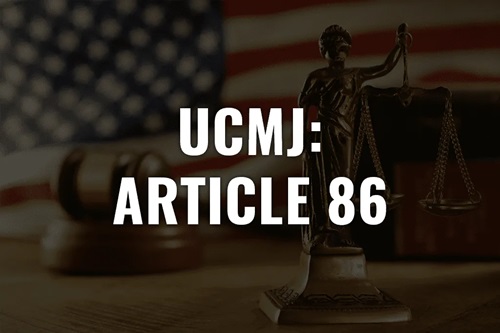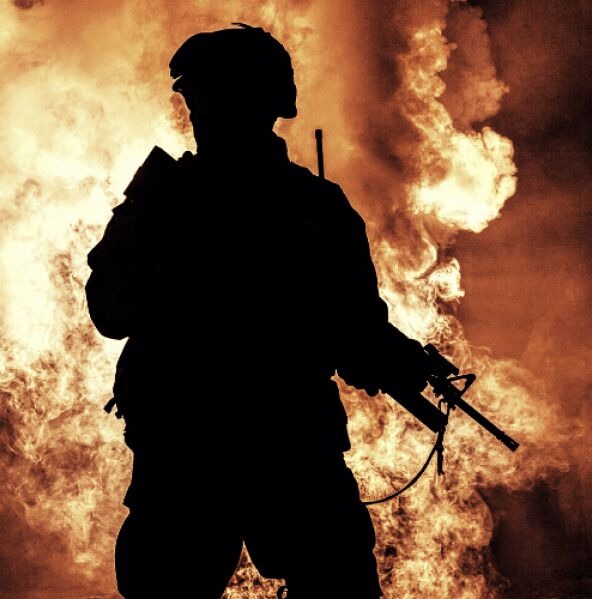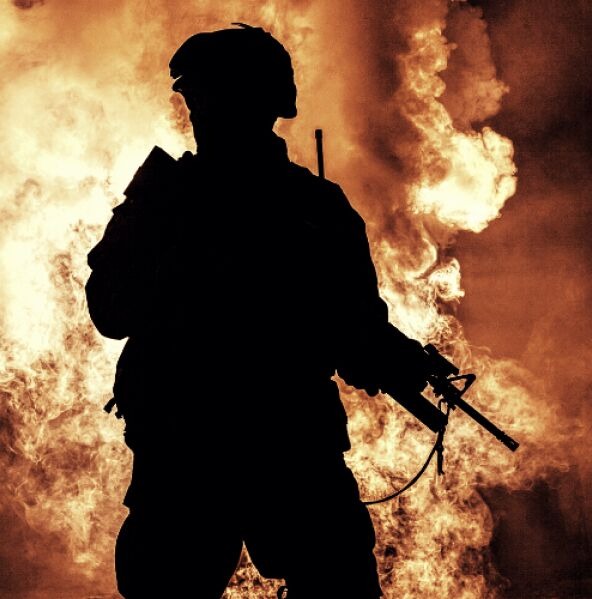UCMJ Prostitution Explained: How Military Law Regulates Prostitution Offenses
UCMJ Prostitution refers to how prostitution-related offenses are handled under the Uniform Code of Military Justice. Unlike civilian law, which varies by state or country, the military applies a uniform legal standard to service members worldwide. Prostitution cases in the military are typically prosecuted under Article 134 of the UCMJ, often referred to as the “General Article,” because such conduct is considered prejudicial to good order and discipline or service-discrediting. What Is UCMJ Prostitution? UCMJ Prostitution is not addressed under a standalone article but is charged under Article 134 when prostitution-related conduct negatively impacts the armed forces. This can include engaging in prostitution, soliciting a prostitute, pandering, or facilitating prostitution. The key factor is whether the conduct brings discredit upon the military or undermines discipline, regardless of whether the act is legal in the civilian jurisdiction where it occurred.







